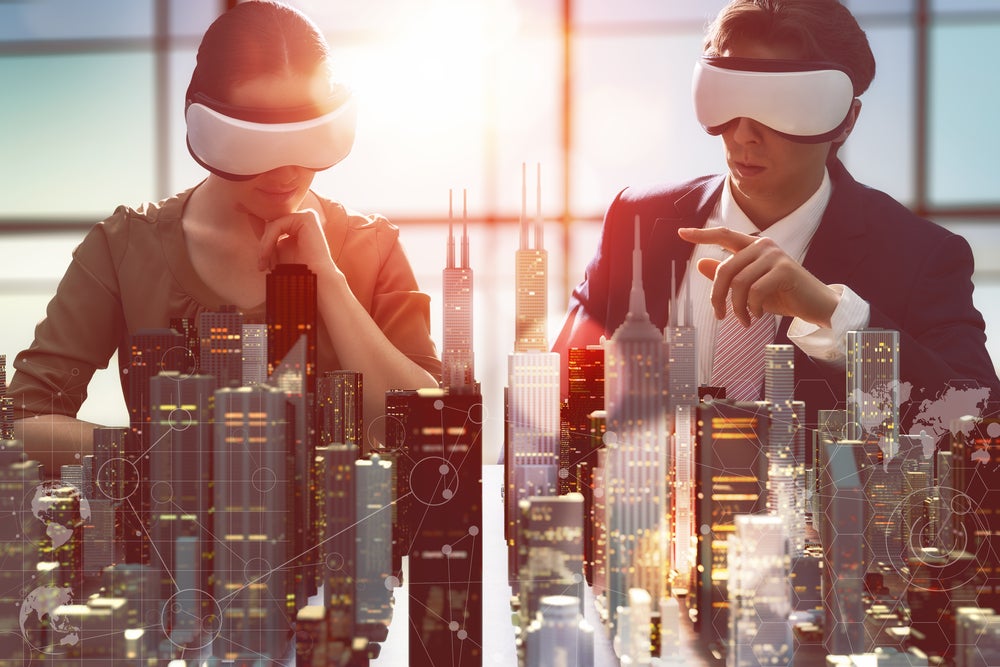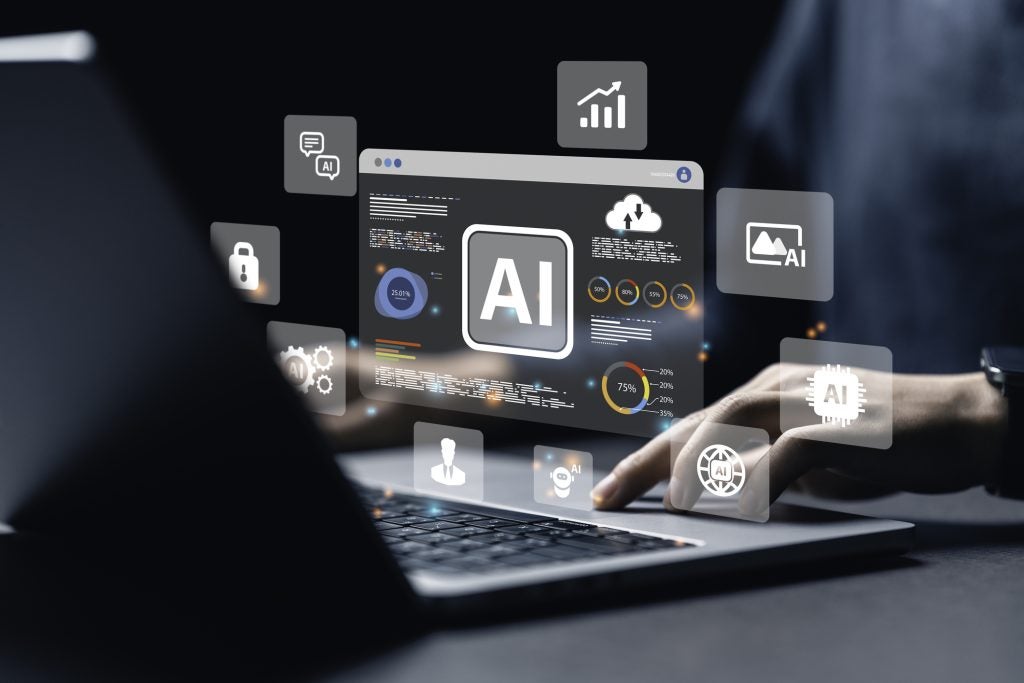
Businesses spent $13.1bn on researching and developing extended reality (XR) technology last year, but those early adopters will be rewarded in 2019 with positive returns as a result of savings made on training expenses such as hiring venues and travel expenses.
According to SuperData, a video game market research company that has been studying the use of XR in gaming and other industries, businesses will save $13.5bn in 2019 thanks to investment in XR training technology.
XR training refers to the use of virtual reality (VR), augmented reality (AR) and mixed reality (MR) headsets to simulate training sessions. These simulations place employees in immersive environments, replicating situations that they might face in the workplace, and allow them to practice dealing with these situations without risk of injury or issue.
While XR has a range of users in the enterprise, SuperData’s research shows that businesses view training as the most immediate use of the technology. Some 71% of businesses using VR technology in the fourth quarter of 2018 were using it for training purposes.
Design and engineering, the second most popular application, was reportedly a use for just 38% of firms. Businesses are also now using VR for research and analysis uses (36%), as well as in customer-facing solutions during the sales process (35%). Less than one third of businesses (29%) have found other uses for VR technology.
Are businesses investing in extended reality technology?
“Our finding further proves that companies using XR for training are already showing positive returns,” said Stephanie Llamas, Head of XR at SuperData. “This illustrates the technology’s importance to the future of safer and more connected solutions.”
How well do you really know your competitors?
Access the most comprehensive Company Profiles on the market, powered by GlobalData. Save hours of research. Gain competitive edge.

Thank you!
Your download email will arrive shortly
Not ready to buy yet? Download a free sample
We are confident about the unique quality of our Company Profiles. However, we want you to make the most beneficial decision for your business, so we offer a free sample that you can download by submitting the below form
By GlobalData“Organisations that aren’t exploring virtual, augmented and mixed reality for training will soon be left behind by their competitors who are.”
Businesses seem to be aware of this. Spending on XR research and development grew by $2.6bn or 30% last year, up from $8.4bn in 2017 to $11bn in 2018. That figure is set to grow by another 20% in 2019 according to SuperData, with total spend to hit $13.1bn.
VR technology has been established as a consumer technology aimed at the video game market, as sales of Sony’s PlayStation VR headset – which sold two million units in 2018, more than the total shipments of all other VR hardware manufacturers combined, according to Statista – prove.
However, SuperData believes that AR & MR will find its place in the business world, with enterprise demand for the technology growing. The research company has predicted that 85% of AR/MR headset sales in 2019 will be for business applications, with demand set to continue rising until 2022.
Read more: Virtual reality awareness has dropped significantly since 2017





